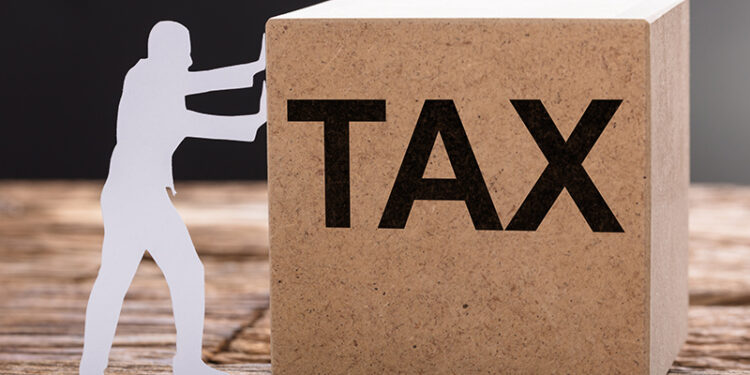Buying a second home is an exciting decision and usually comes with favourable tax implications. If you are considering purchasing a second home in the UK, you should be aware of the different tax implications for your purchase. Owning an additional property can incur extra taxes from holiday retreats to buy-to-let investments. One of the most significant costs is the stamp duty land tax payment you will make when buying a second home. If you decide to sell your second home, you could also be liable to pay capital gains tax.
Depending on your use of the property, there may be further taxes to pay. For example, if letting the property or using it as a furnished holiday home, any profits you make need to be declared for income tax purposes. Understanding the tax implications of buying a second home will help make sure your investment is beneficial in more ways than one.
What is a second home in the UK?
A second home in the UK is a property owned or jointly owned by a person or family with their primary home elsewhere. It is usually used for leisure, business or investment purposes and has often been rented out for some or all of the year. A second home may be a weekend retreat, seasonal or short-term let, buy-to-let property or long-term investment property.
What are the tax implications of buying a second home in the UK?
The tax implications of buying a second home in the UK depend on the specific circumstances, including the type of property purchased, its location and how it is used. Generally, any profits from a second property, such as rental income, will be subject to capital gains tax or income tax. Stamp duty land tax (SDLT) may also be payable depending on the purchase price and property type. Additionally, the second home may have to be registered for council tax if it is let out to tenants, and the owner may also be liable for other taxes, such as inheritance tax.
Stamp Duty Land Tax
Stamp Duty is the most common tax obligation when buying a home in the U.K. How much you pay for this tax is linked to the property’s value. For example: paying more for a £900,000 pad than you would for a £450,000 abode. The stamp duty tax on purchasing a second home differs according to the country in question. In the United Kingdom, the stamp duty tax rate for a second home or buy-to-let property is 3% of the purchase price, in addition to any applicable surcharges.
Council Tax
A council tax is a local tax charged when you purchase a second home in a certain locality. It is in addition to the ordinary council tax that is usually charged when you own a property. The additional amount may vary depending on the location but is typically higher than the council tax rate. You may also have to pay extra on the council tax for any special services, such as rubbish collection and road maintenance.
Income Tax
The amount of Income Tax you will need to pay if you are renting out your second home will depend on the profits made from your rental property as well as any other sources of income.
Capital Gains Tax
If you gain from selling your property, you must include it in your income and pay Capital Gains Tax. However, profits up to £12,300 from the sale are exempted from the capital gains allowance.
Wrapping Up
In conclusion, buying a second home comes with the responsibility to understand, comply with, and pay taxes on the purchase and sale of it. It is essential to understand the tax implications of buying a second home to plan for and appropriately budget the cost of ownership. Additionally, be sure to research the federal, state, and local tax laws to understand what types of deductions may be available and when the taxes are due. This will ensure an informed and successful transaction.













